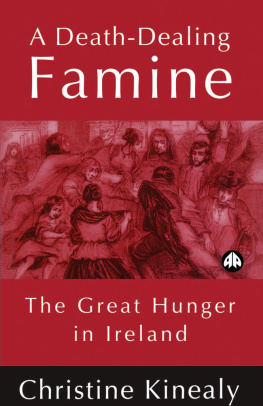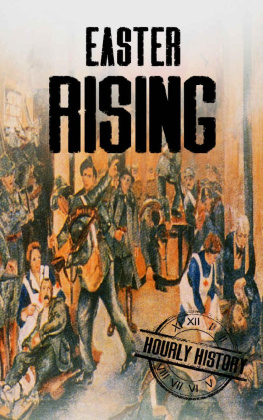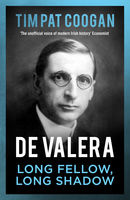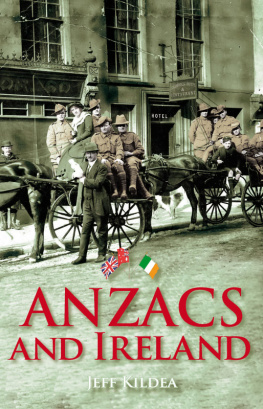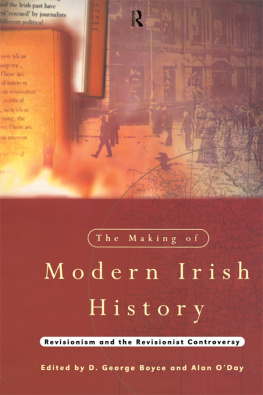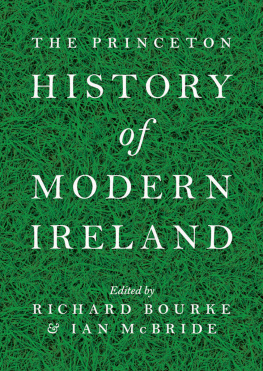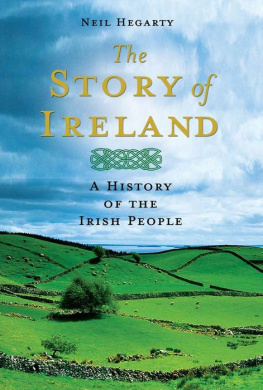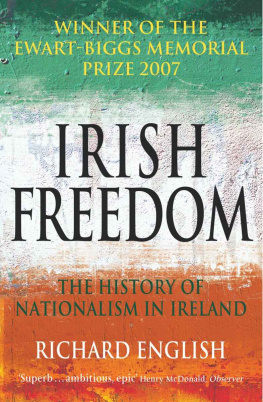Copyright Christine Kinealy 2009
The right of Christine Kinealy to be identified as the author of this work has been asserted by her in accordance with the Copyright, Designs and Patents Act 1988.
Published by Manchester University Press
Oxford Road, Manchester M13 9NR, UK
and Room 400, 175 Fifth Avenue, New York, NY 10010, USA
www.manchesteruniversitypress.co.uk
Distributed in the United States exclusively by
Palgrave Macmillan, 175 Fifth Avenue, New York,
NY 10010, USA
Distributed in Canada exclusively by
UBC Press, University of British Columbia, 2029 West Mall,
Vancouver, BC, Canada V6T 1Z2
British Library Cataloguing-in-Publication Data
A catalogue record for this book is available from the British Library
Library of Congress Cataloging-in-Publication Data applied for
ISBN 978 0 7190 6516 3
First published 2009
18 17 16 15 14 13 12 11 10 09 10 9 8 7 6 5 4 3 2 1
The publisher has no responsibility for the persistence or accuracy of URLs for external or any third-party internet websites referred to in this book, and does not guarantee that any content on such websites is, or will remain, accurate or appropriate.
Typeset
by Action Publishing Technology Ltd, Gloucester
Printed in Great Britain
by CPI Antony Rowe Ltd, Chippenham, Wiltshire
Acknowledgements
It is with humility really unassumed it is with a sentiment even of awe that I pen the opening sentence of this work: for of all conceivable subjects I approach the reader with the most solemn the most comprehensive the most difficult the most august. What terms shall I find sufficiently simple in their sublimity sufficiently sublime in their simplicity for the mere enunciation of my theme? (Eureka, a Prose Poem by Edgar Allen Poe, 1848.)
The completion of this book has been one of the most challenging, yet interesting, projects with which I have been involved during my academic career. To some extent, this has been due to the subject matter itself. 1848 was a pivotal year in world history for a number of reasons. Events in Ireland, although often ignored in general historiographies, were also significant. The more research I did on this topic, the more I came to realize how important this year was both in the short term, and in Irelands longer-term political and cultural development. The diversity and brilliance of the men and women involved in 1848, both individually and collectively, made this study fascinating. But so much happened and they each did so much worthy of note that it became difficult to know what to include and what to leave out. I hope I have done some justice to their contributions.
Writing is a solitary pursuit. Many years ago, I was berated by a far more senior historian for thanking my dog, who was my companion when I wrote in the early hours of the morning, in my acknowledgements. Trot, whom I had had since being a student at Trinity College Dublin, died a few months later. Perversely, the attack and my response achieved an unlooked-for notoriety for my book. I now have another dog, Guinness, who also has been my constant companion in the writing of this book. It would be remiss not to mention him, although by doing so, I know that I risk being criticized.
Amongst those who have supported, challenged or inspired me in other ways, are, notably, Ernst Wangerman, Fabrice Bensimon, Kay Boardman, Guy Thomas, Judith de Groat, Joe Lee, Roger Swift, John Walton and Terry Eagleton. Although I never met him, John Savilles ground-breaking work has been particularly valuable. A number of colleagues and friends, including Bill Rogers, David Sexton, Susan Sydney-Smith, Jack Worrall, Honora Ormesher, Angela Farrell, Bernadette Barrington, Susan Bailey, Carol Russell and John Joughin, have encouraged and supported me in other ways. I would like to extend my gratitude to Emma Brennan at Manchester University Press, particularly for her patience when this book took longer to complete than I had anticipated. Thanks are also due to graduate students at Drew University where I taught a course on 1848 at the beginning of 2007, and again, in 2008. As is often the case with mature students, I learned much from them. They confirmed that interest in 1848 is strong, and not only in Europe. I apologize to those colleagues whose assistance or involvement I may have overlooked.
I have received help from archivists and librarians in a number of places, including the Working Class Movement Library, New York Public Library, the Bodleian Library, the Manuscripts Room in Trinity College, Dublin, the Public Record Office of Northern Ireland, the Royal Irish Academy, the National Library of Ireland, the National Archives of Ireland, the National Archives of England, the British Library and Windsor Castle. Special mention and thanks are due to Alan Delozier of Seton Hall Archive, Bruce Lancaster and Lois Sechchey of Drew University, Aidan Turner-Bishop, formerly of the University of Central Lancashire Library, and William Cobert of the American Irish Historical Society in New York. I am particularly grateful to the Duke of Clarendon for granting me permission to quote from the papers of his ancestor.
As usual, special thanks are due to those who have read and commented on portions of my work, including Francine Sagar, Barry Quest, Steve Butler and Ernst Wangerman, who have respectively provided a French, an English, an American and an Austrian perspective on my work. Both Siobhn Kinealy and Roger Swift kindly shared their research on 1848 in England. Clearly, any faults or omissions are my own.
Inevitably, my greatest thanks are reserved for my family who have tolerated my idiosyncratic lifestyle and obsession with 1848. My children have shared the vicissitudes that accompany the writing of any book, but especially as they have had to share their home and their mother with the extraordinary men and women of 1848 for many years. Their love, support, and frequent teasing, are deeply appreciated.
Finally, I hope that this small book does justice to a remarkable period in Irish history and the outstanding contribution of the men and women whose participation helped to shape it.
Introduction
1848 is frequently referred to as the year of revolutions or, less prosaically, the springtime of the peoples. Yet, despite the widespread challenge to the status quo throughout Europe, historians as diverse as G.M. Trevelyan and A.J.P. Taylor long ago averred that History failed to turn.
The historiography of 1848 has focused overwhelmingly on revolutions in France, Germany, Italy and Hungary, while events elsewhere, notably in Britain and Ireland, have been marginalized. A widespread assumption has been that the United Kingdom remained untouched by the revolutionary fervour. Accordingly, the presentation of the Charter to the British government in April of that year has been frequently reduced to a comic act, thus rendering it worthless, even as a political gesture, while its Chartist supporters have been characterized as figures of fun.
These interpretations are both misleading and disingenuous. Both Britain and Ireland were individually and jointly caught up in the revolutionary momentum that swept Europe in 1848. In the wake of the February Revolution in France, when other European governments started to fall, No one was certain that Britain would remain immune.


